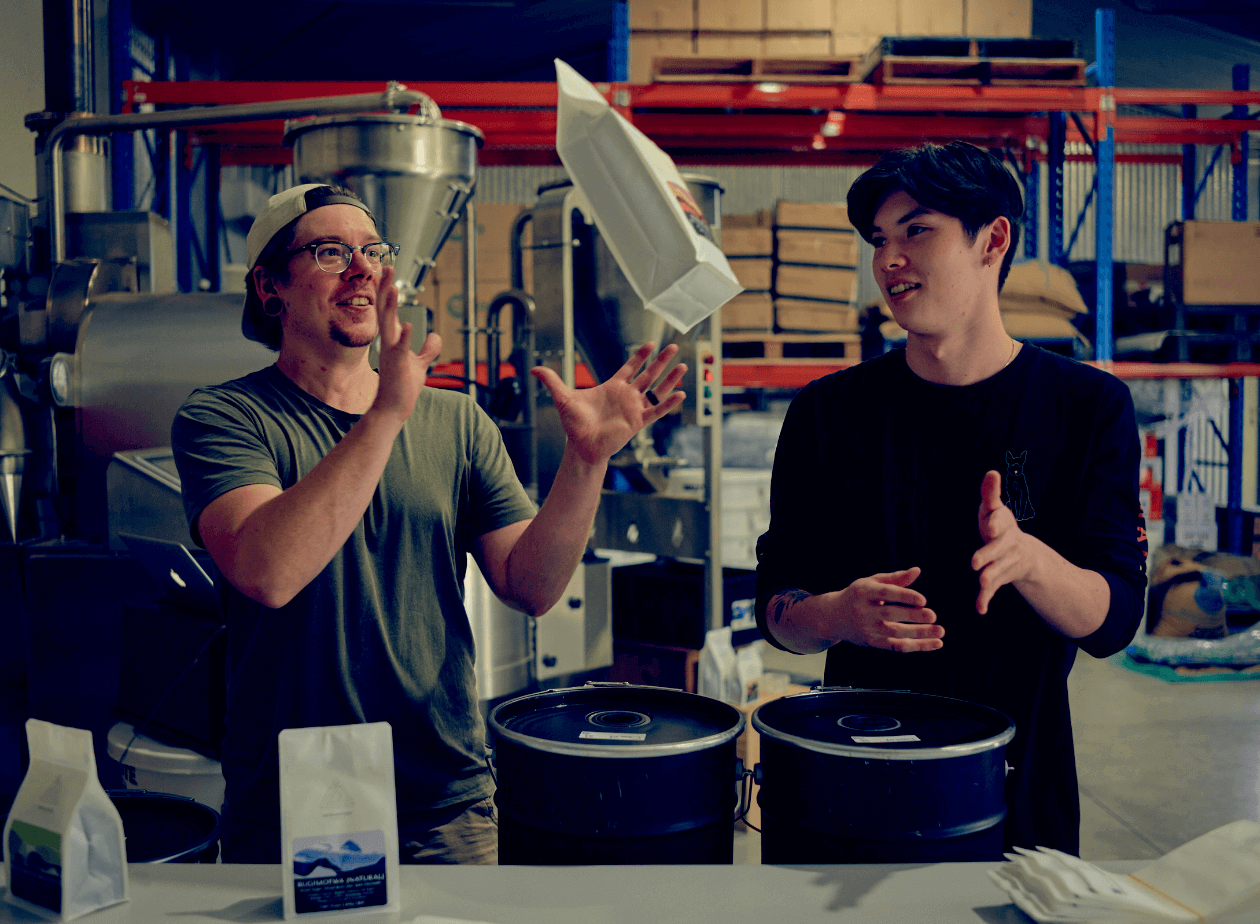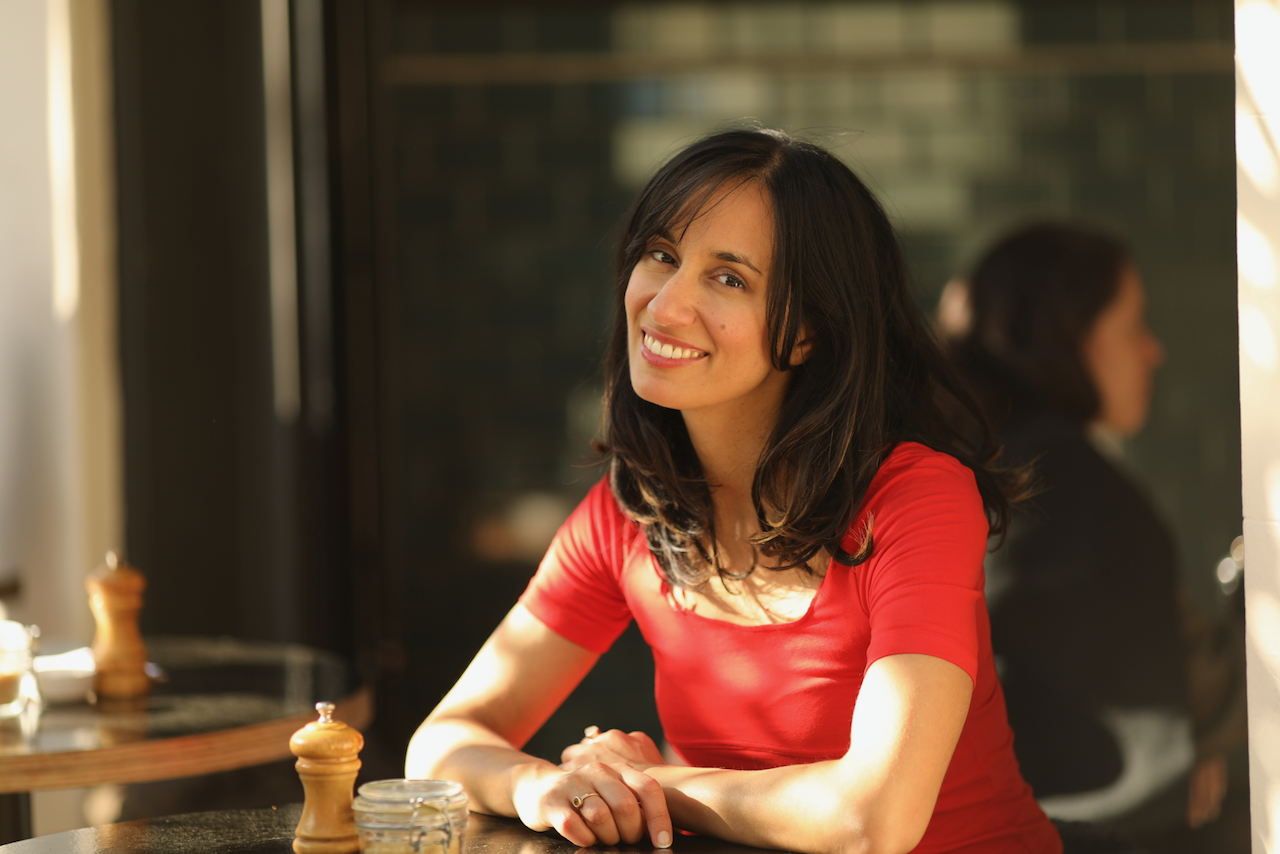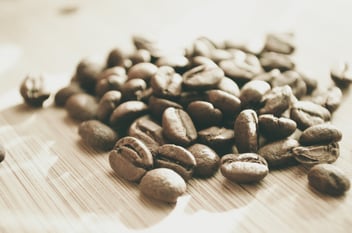Come to the light side (of coffee)
From the dark side to the light side, Monastery Coffee knows that neither is better - they’re just different.

It’s called the City of Churches, but anyone who’s been to Adelaide knows that the number of churches are nothing next to the number of cafes that are frequented by folk who really, truly love their coffee.
“Everyone's going to a cafe at least once a day, if not two times a day,” says Adam Marley, Co-founder of Monastery Coffee.
“In Melbourne and Sydney, everyone's just so busy. Grab the coffee, go to the office, go to the meeting, rush to the next place. In Adelaide, people are in a cafe in the middle of the workday. At 10:00 A.M, instead of being in their office, people are sitting and having a chinwag for an hour over a couple of coffees.”
The deliberate way Adelaideans enjoy their coffee could have something to with the rich Italian heritage that permeates the city. In fact, numerically Italians are the largest group from a non-English speaking background in South Australia.
Post World War 2, Italian migrants had a huge impact on Australia’s coffee culture at large, and in Adelaide, the effects can be seen in the preferences the locals have for darker roasts that reminiscent of the brews on Roman streets.
“Adelaide as a whole is still hung up on the whole 80s/90s coffee culture, where the preference was for dark roasts” says Adam. “But this was what was actually the catalyst for Monastery Coffee.”
“We couldn’t find it locally - so why not do it ourselves?”
Ten years ago, Adam was studying for his degree and also working as the head barista at the popular Argo Cafe in Adelaide. “I was talking with Daniel, one of the owners, about how we weren’t happy with the coffee, from a transparency point of view and a roast point of view.”
In terms of transparency, the pair felt they didn’t know where or how the coffee was sourced, and in terms of roast they felt like they couldn't find a roast that was light enough.
“We thought, if we couldn't find it locally, then that means other people can't find it locally - so why not do it ourselves?”
From there, Monastery was born, leveraging the Argo network of cafes to get them off the ground.
“When we first started, the norm at the time was that specialty roasters would have some really nice single origins, but their blends could still include some pretty cheap coffees because that's what pays the bills. We decided not to do that.”
Light to dark, and everything in between

Monastery focussed on quality and transparency from the very beginning, but in their ten years, they’ve seen Australian coffee transform. “Now there are a lot more high quality, single origins, and much better, much more transparent blends.”
Adam believes this is a fantastic thing for the consumer, and thinks competition will breed even better coffee. Right now though, he feels Monastery is different because of the way they roast.
“I think we're probably one of, if not the lightest roaster for our filter roasts in Australia and one of the lightest in the world.”
However, Adam’s quick to point out that it’s not, it's not something they want to hang their hat on. “Lighter is just how we like drinking filter roasts - and so we wanted to create that for others.”
Adam describes a lighter roast as fruity and much better for filter.. “It’s going to be juicy when you brew it, and it’s definitely better for filter coffee than espresso. It's going to be very tea-like and delicate. For non coffee-geeks, the easiest way to think about it would be like a really nice light white wine as opposed to a really big, heavy shiraz,, which would be like a more old-school darker roast.”
What makes Monastery hard to define is that they alo cater to the other end of the spectrum. “Our lighter roasts might be some of the lightest, but I think our darkest roast is darker than any other specialty roasters that I've encountered. “
Dark roasts with origin character

Monastery create these products, simply because their customers want it. “When we started, we just had one roast. Then we had people saying ‘hey, I'd love it if the coffee was lighter.’ Other people were saying, hey, I'd love it if the coffee was darker. Then the light roast customers wanted it even lighter. The dark roast customers would then say ‘thanks for listening, but it’s still pretty fruity’.”
While his personal preference is for lighter styles, Adam says he’s particularly proud of the dark roast, which has avoided the lack of nuance in other similar products. “Darker roasts don’t always have the flavour complexity of lighter roasts, and many speciality roasters avoid going too dark because coffee can taste kind of homogeneous at that roast level.”
“I really feel like Monastery’s been able to achieve a balance. We have our dark roast customers telling us, I can't go back to the supermarket coffee, I can't go back to the other coffee that I was drinking because I can taste the difference. They can taste that it's still sweeter. They can taste the origin character.”
Don’t shift people’s preferences - cater to them

Regardless of the evolution of roasts, Adam still finds that in South Australia, most of the roasts they sell to cafes are dark roast. “Almost all of our volume for cafes is the dark roast because it's going to be on an espresso machine, it's going to go through milk, and they want the coffee to cut through the milk and it's going to be served to your average coffee drinker who doesn't know an Ethiopian single origin versus a Colombian one. “
However, the light single origin roasts are popular with online customers and wholesale online, especially with cafes who offer filter coffee as opposed to espresso. “When you go to Melbourne, every second cafe seems to be a specialty cafe. They have single origins, and they have filter coffee.”
There might not have the range of speciality cafes the eastern capitals offer, but Adam says the Adelaide consumer is one with a sophisticated palate. “Here everyone's a foodie. Whilst they might have particular tastes, prefer lattes over pour-overs, they know what’s good.”
Regardless, Monastery is proudly South Australian, and Adam says they’re there to help people drink better coffee. “We don't want you going to buy supermarket coffee because it's only supermarket coffee, which is roasted dark enough for your flavor preferences. Instead of trying to shift people's flavor preferences, we just try to satisfy them.“
Categories
Trends
Food lover, restaurant-goer, hospitality appreciator, and writer of content at Ordermentum.


.png?width=590&height=236&name=Call%20to%20action%20-%20CTAs%20(3).png)





